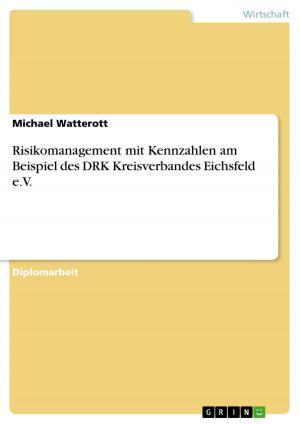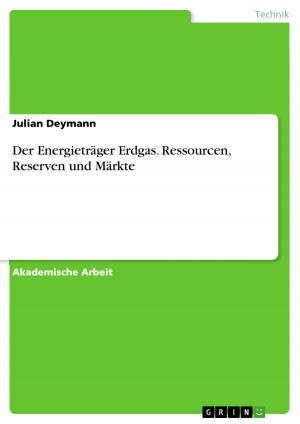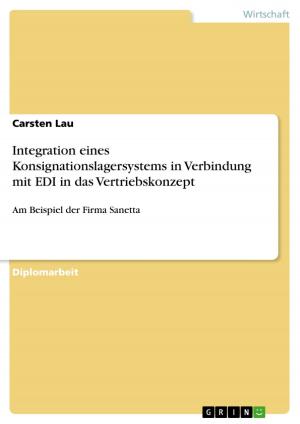The Development of Early Modern English
The influence of Shakespeare on EModE
Fiction & Literature, Literary Theory & Criticism, British| Author: | Marta Zapa?a-Kraj | ISBN: | 9783640754236 |
| Publisher: | GRIN Verlag | Publication: | November 17, 2010 |
| Imprint: | GRIN Verlag | Language: | English |
| Author: | Marta Zapa?a-Kraj |
| ISBN: | 9783640754236 |
| Publisher: | GRIN Verlag |
| Publication: | November 17, 2010 |
| Imprint: | GRIN Verlag |
| Language: | English |
Scientific Study from the year 2009 in the subject English - History of Literature, Eras, , course: -, language: English, abstract: In the development of languages particular events often have recognizable and at times far-reaching effects. The Norman Conquest and the Black Death are typical instances that shaped the Middle English. In the Modern English period, the beginning of which is conveniently placed at 1500, numerous new conditions began to play an important role, conditions that previously either had not existed at all or were present in only a limited way, and they caused English to develop along somewhat different lines from those that had characterized its history in the Middle Ages. The new factors were the printing press, the rapid spread of popular education, the increased communication and means of communication, the growth of specialized knowledge, and the emergence of various forms of self-consciousness about language. Above everything, however, there is the factor which should be referred to as self-consciousness about language. This had two aspects, one individual, one public. At the individual level one may observe a phenomenon that has become intensely important in modern times: as people lift themselves into a different economic or intellectual or social level, they were likely to make an effort to adopt the standards of grammar and pronunciation of the people with whom they have identified, just as they tried to conform to fashions and tastes in dress and amusements. However superficial such conformity might be, people were as careful of their speech as of their manners. Awareness that there were standards of language was a part of their social consciousness. Most people were less aware that such standards were largely accidental rather than absolute, having developed through the historical contingencies of economics, culture, and class. The following paper has been written with the purpose of presenting the reader aspects of the fascinating phenomenon which the Early Modern English is. The paper will provide the reader with all the substantial facts connected with the topic of the paper such as the Great Vowel Shift, the linguistic innovations of Shakespeare, sources of various words in English and much more.
Scientific Study from the year 2009 in the subject English - History of Literature, Eras, , course: -, language: English, abstract: In the development of languages particular events often have recognizable and at times far-reaching effects. The Norman Conquest and the Black Death are typical instances that shaped the Middle English. In the Modern English period, the beginning of which is conveniently placed at 1500, numerous new conditions began to play an important role, conditions that previously either had not existed at all or were present in only a limited way, and they caused English to develop along somewhat different lines from those that had characterized its history in the Middle Ages. The new factors were the printing press, the rapid spread of popular education, the increased communication and means of communication, the growth of specialized knowledge, and the emergence of various forms of self-consciousness about language. Above everything, however, there is the factor which should be referred to as self-consciousness about language. This had two aspects, one individual, one public. At the individual level one may observe a phenomenon that has become intensely important in modern times: as people lift themselves into a different economic or intellectual or social level, they were likely to make an effort to adopt the standards of grammar and pronunciation of the people with whom they have identified, just as they tried to conform to fashions and tastes in dress and amusements. However superficial such conformity might be, people were as careful of their speech as of their manners. Awareness that there were standards of language was a part of their social consciousness. Most people were less aware that such standards were largely accidental rather than absolute, having developed through the historical contingencies of economics, culture, and class. The following paper has been written with the purpose of presenting the reader aspects of the fascinating phenomenon which the Early Modern English is. The paper will provide the reader with all the substantial facts connected with the topic of the paper such as the Great Vowel Shift, the linguistic innovations of Shakespeare, sources of various words in English and much more.















